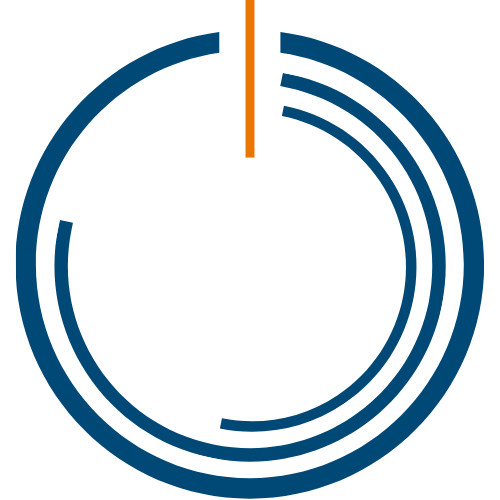3 min read
You're in for a rough week, but trust me, it's worth it. Quitting caffeine cold turkey is no small feat, and it will be challenging.
First, A Word
Many sources like WebMD, Harvard Health, and Sutter Global Medicine to name a few, recommend tapering down intake rather than quitting all at once. The Cleveland Clinic states that by tapering caffeine use, you'll have a better chance of giving up this stimulant and seeing your energy return, and not having caffeine withdrawal fatigue. Your body will begin to adjust to smaller quantities. Optimize by Caffeine Experts helps you taper down at a healthy rate.
If you still decide you want to quit cold turkey, this article is for you. Understanding what to expect in the first week, as well as the following weeks, can help you navigate this caffeine-free journey with more ease and success.

Week 1: The Hurdle
The first week of quitting caffeine can feel like an uphill battle. Caffeine is a central nervous system stimulant, and suddenly cutting it out can lead to withdrawal symptoms. Research shows that during this period, many people experience headaches, fatigue, irritability, and difficulty concentrating as the brain adjusts to the absence of caffeine. According to Harvard Med, "If you normally consume caffeine in coffee or tea, stopping intake abruptly may trigger a migraine." You might also feel more drowsy than usual.
To overcome these side effects, stay hydrated and opt for herbal teas or decaffeinated alternatives. Adequate rest is crucial, and maintaining a consistent sleep schedule can help you combat the fatigue. Gentle exercise, like walking or yoga, can also aid in boosting your mood and energy levels.
Week 2: Easing Into It
By the second week, you'll likely start feeling a bit more like yourself. The withdrawal symptoms should begin to subside, and you'll notice an improvement in your sleep quality. Research suggests that during this time, your body is adjusting to a new normal, and you'll become less dependent on caffeine for that energy boost.
To maintain your momentum, focus on incorporating a balanced diet and regular exercise into your routine. This will not only help improve your overall energy levels but also support your long-term caffeine-free journey.
Week 3: Feeling Refreshed
By the third week, you'll likely be over the worst of it. Research shows that your body's natural energy levels should be stabilizing, and you might notice an improvement in your mental clarity. If you've relied on caffeine for productivity, this is the time to explore other strategies, such as time management and stress reduction techniques, to stay on track.
While you may still have occasional cravings, staying committed to your caffeine-free journey will become easier as time goes on. Remember that the initial discomfort is a necessary step towards better health.
Week 4: Embracing the Change
Congratulations, you've made it to week four! By now, your body is accustomed to functioning without caffeine. You'll likely feel more energetic, sleep better, and have a more consistent mood. As IAmSober states in their research, your body's natural energy resources are in full swing, and you may find yourself needing less external stimulation to get through the day.
This is the perfect time to reflect on the benefits you've experienced from quitting caffeine. Many people report reduced anxiety, improved sleep, and a more stable mood. Celebrate your achievements and continue focusing on a healthy lifestyle that doesn't rely on caffeine for artificial boosts.
Throughout your caffeine-free journey, it's essential to maintain a supportive network of friends and family who understand your goals and can provide encouragement. Don't be discouraged by occasional setbacks or cravings. The first month is often the most challenging, but as you progress, the long-term benefits of quitting caffeine will become more evident.
In conclusion, quitting caffeine cold turkey can be a tough endeavor, but understanding the progression of withdrawal and the potential benefits of a caffeine-free life can be motivating. The research confirms that the first week can be a challenge, but as the weeks go by, your body will adapt, and you'll likely enjoy improved energy, sleep, and overall well-being. Stick with it, and you'll find that kicking the caffeine habit is a rewarding journey towards a healthier, more vibrant you.

